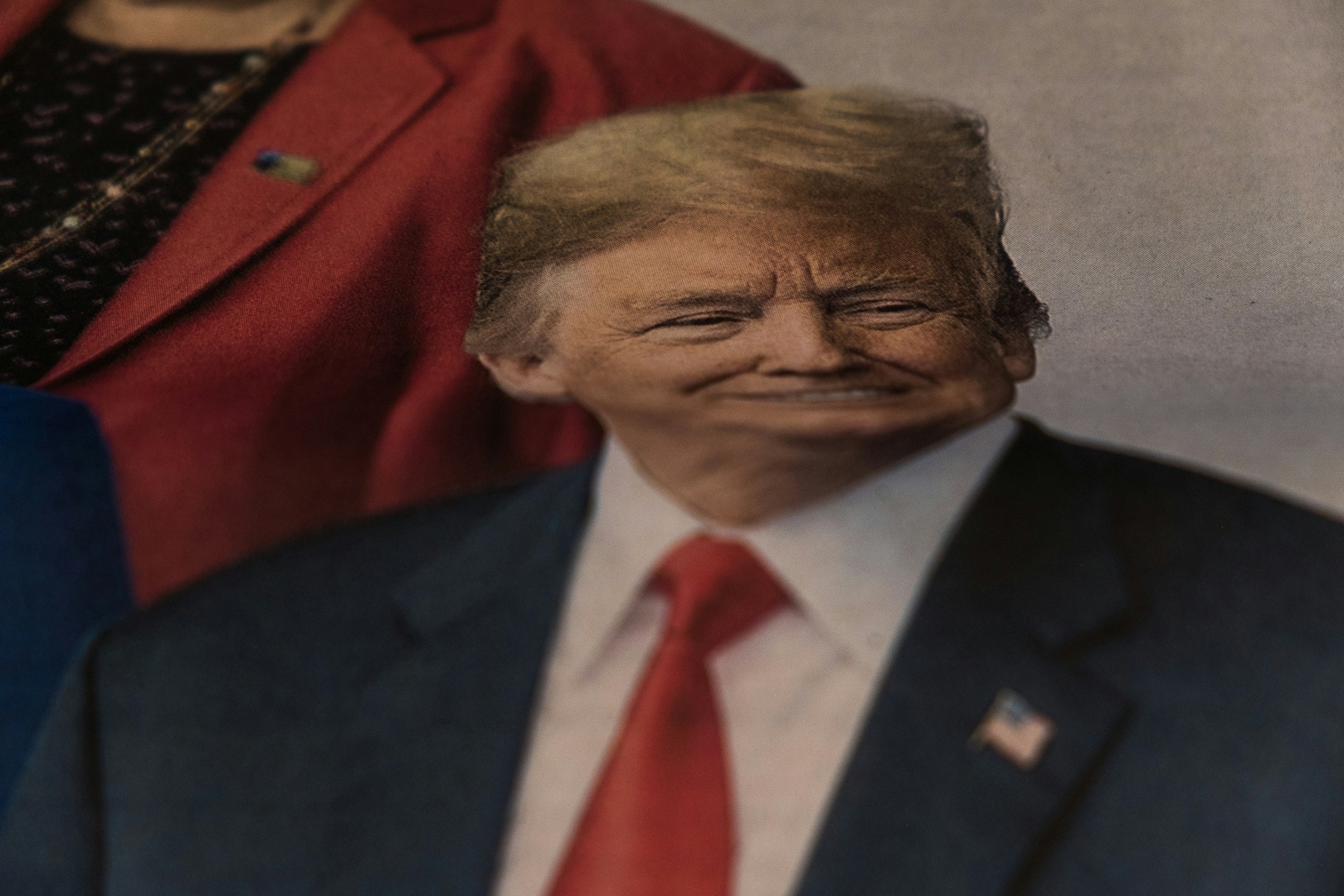The Trump administration aims to simplify AI chip regulations, moving away from Biden’s complex framework. This shift could significantly impact global tech trade.
The reversal of Biden’s export controls reshapes the AI chip landscape, redefining international tech dynamics.
Introduction: A Pivotal Moment in AI Chip Policy
The recent announcement from the Trump administration regarding AI chip policy marks a potential watershed moment in global technology regulation. As the administration gears up to dismantle the intricate three-tier regulatory framework established by the Biden administration, the implications for international trade, innovation, and geopolitical relationships are profound. This shift signals not just a change in policy but a fundamental rethinking of how advanced computing technologies will flow across borders.
The Biden Administration’s AI Chip Framework
At the core of the Biden administration’s strategy was the Framework for Artificial Intelligence Diffusion, set to take effect on May 15, 2025. This framework promised a hierarchical structure, categorizing countries into three distinct tiers based on their access to advanced AI chips. The first tier included 17 allied nations, including Taiwan, which would receive unlimited access to cutting-edge technologies. The second tier, approximately 120 countries, faced strict import caps, while the third tier — comprising nations like China, Russia, Iran, and North Korea — would face total exclusion from these technologies. This structured approach was designed to protect U.S. national security while maintaining technological leadership globally.
Critiques of Complexity and Compliance
However, the Biden framework faced significant criticism. Detractors argued that its complexity would not only burden compliance for American companies but also drive international partners towards alternative suppliers. The Commerce Department’s spokesperson emphasized the flaws in the Biden plan, claiming it was overly bureaucratic and stifled innovation. “We will be replacing it with a much simpler rule that frees American innovation and ensures American AI dominance,” the spokesperson noted.
Trump’s Alternative: A Global Licensing Regime
In stark contrast to the tiered system, sources suggest the Trump administration is considering a global licensing regime, potentially supported by inter-governmental agreements. This approach could provide more flexibility while still maintaining necessary controls over sensitive technologies. As President Trump prepares for a diplomatic trip to the Middle East, where nations like Saudi Arabia and the UAE have expressed frustration over existing chip restrictions, the timing of this announcement becomes strategically significant.
Market Response and Industry Implications
Financial markets have already reacted to the news, with Nvidia’s shares rising by 3% following the announcement. Nvidia has been vocal against the restrictions, with CEO Jensen Huang advocating for unrestricted sales to China, which he predicts will become a $50 billion market for AI chips. However, this policy shift does not imply a complete abandonment of export controls, as evidenced by Nvidia’s recent ban from selling its H20 chip to China, resulting in $5.5 billion in writedowns.
Mapping the Global Winners and Losers
The implications of the policy reversal extend far beyond the United States. Countries like India and Malaysia, previously subject to restrictions, will find temporary relief. For Malaysia, Oracle Corporation could benefit significantly from the easing of limits on its massive data center expansion plans. Additionally, Middle Eastern nations, particularly the UAE and Saudi Arabia, may now negotiate more favorable terms for chip acquisition, bolstered by Trump’s proposal of a government-to-government AI chip agreement during his Middle Eastern visit.
Uncertainty Ahead: The Regulatory Transition
Despite the enthusiasm surrounding the proposed changes, uncertainty looms large for companies like Nvidia. The Trump administration’s new control scheme may emerge as either a new rule or an executive order, keeping industry stakeholders on edge. The existing chip export controls will remain in place until a new framework is finalized, which may include specific controls targeting countries diverting chips to China, like Malaysia and Thailand.
Balancing National Security and Innovation
The Biden administration’s export controls were crafted with a clear focus on limiting Chinese access to crucial AI development tools. Striking a balance between national security concerns and commercial interests presents a complex challenge. The Trump administration’s emphasis on American competitiveness and innovation will require deft navigation of international relationships and may lead to a plethora of new policy frameworks.
Conclusion: The Road Ahead for AI Technology
As the global AI chip market continues to evolve, the Trump administration’s shift in policy reflects a significant reorientation. The outcome of these regulatory changes will have lasting implications not only for technological development and corporate strategies but also for international relations in the burgeoning artificial intelligence landscape. As stakeholders await the final details of the new framework, the world watches closely — the future of AI technology hangs in the balance.
